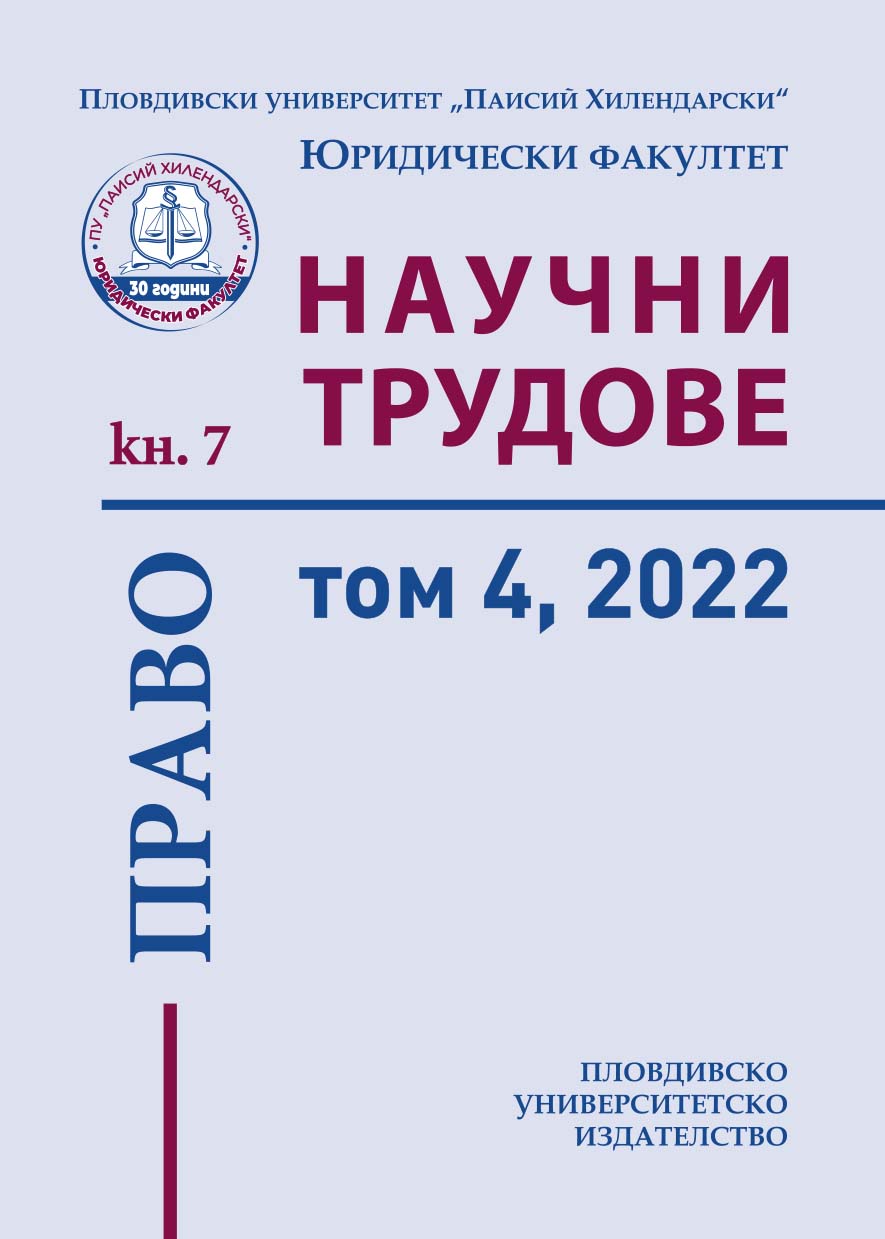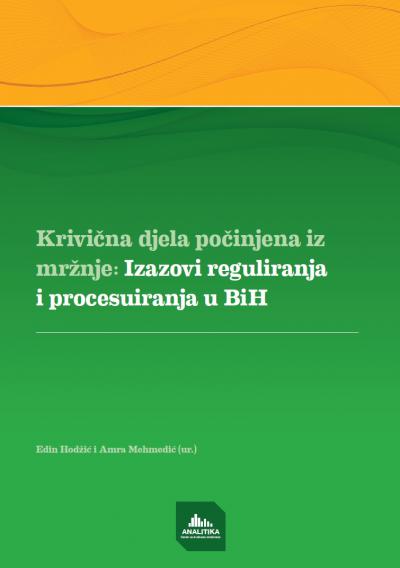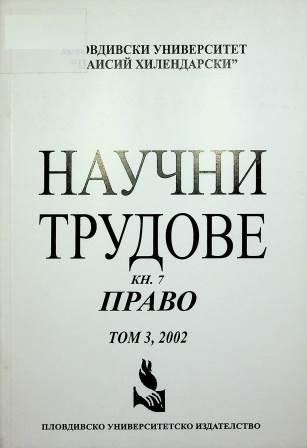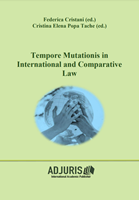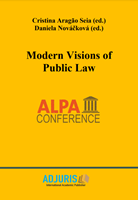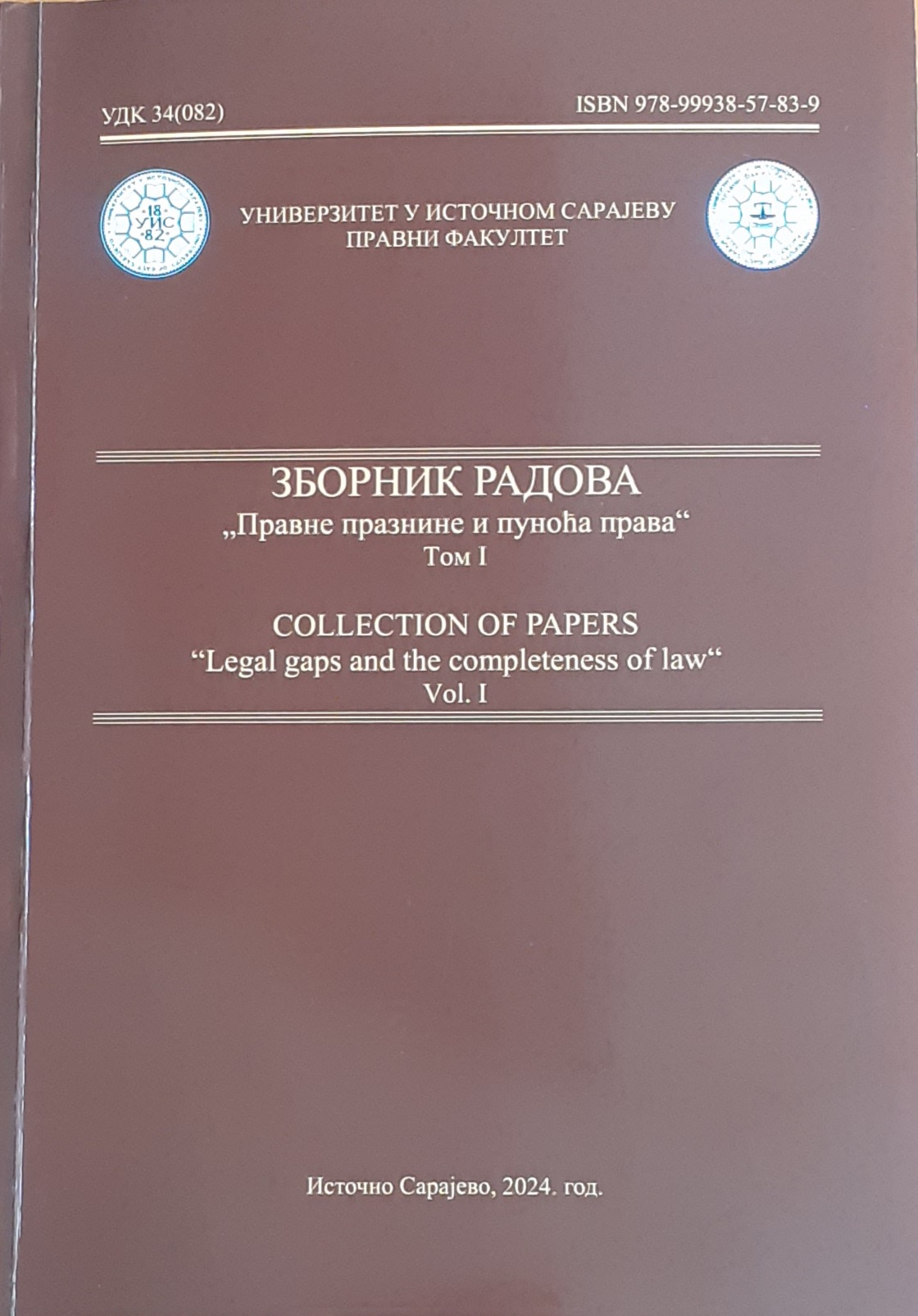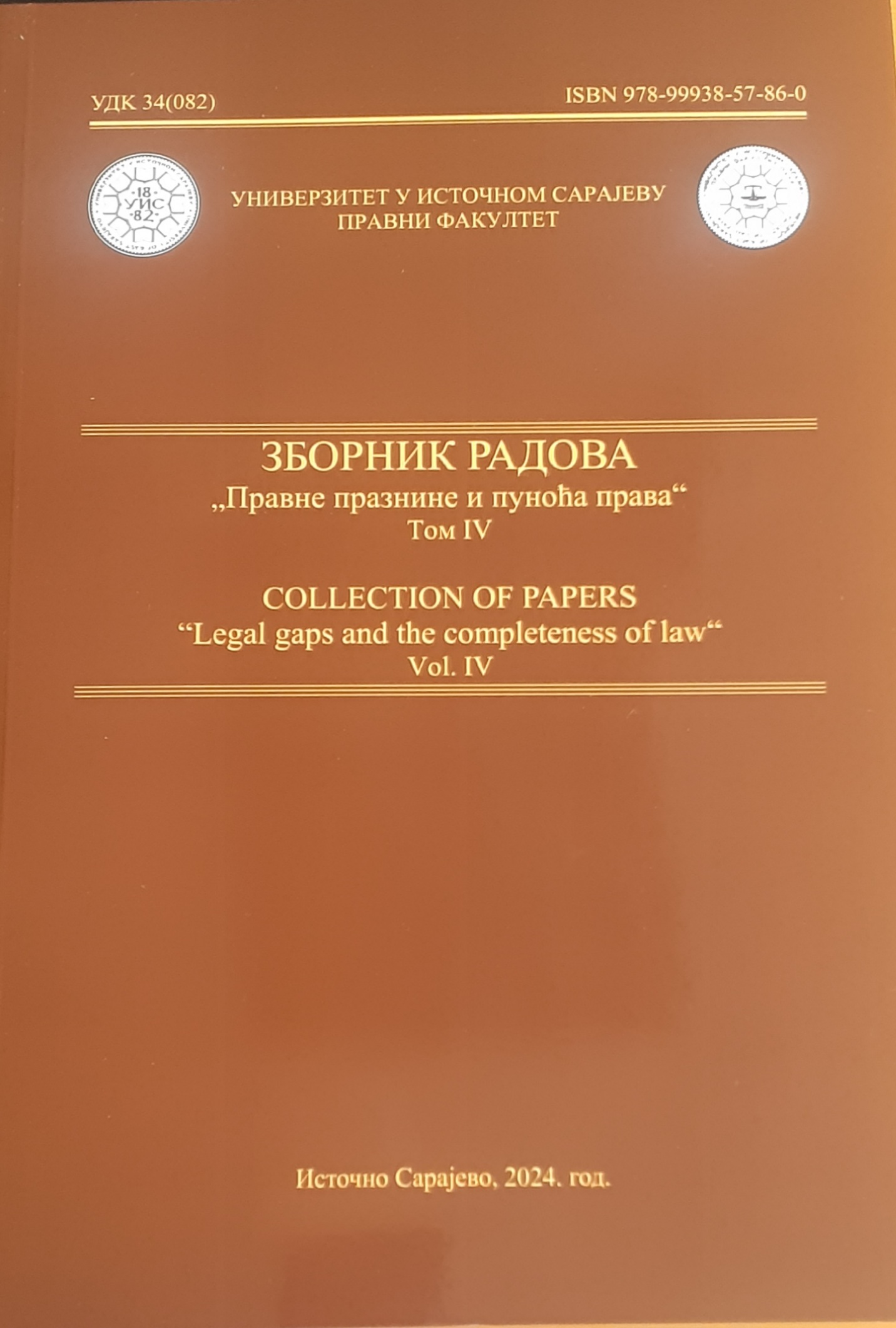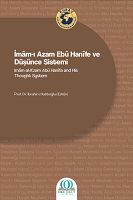Author(s): Cristina Elena Popa Tache / Language(s): English
Publication Year: 0
"Tomorrow will know a culture richer in creation and, at the same time, more suited to human's body and soul than that of today."3 Undeniably, creation exists in everything. The law itself is also a creation, including in the sense of establishment. It is a process dedicated to life as a whole, especially the rights that can be identified so that life in all its forms can enjoy respect, protection and evolution. Everyone's perception of the legal norm should be one of trust, interest, understanding, satisfaction and even joy. Of all, next to the law of nature or canon law, a law of all beings could not exist without the best possible combination of law, respect for life, gratitude and even love in its spiritual rather than philosophical sense, as these two new rights are perceived and manifested by people. A law of all forms of life seen as a body of legal rules would be a higher field of law which would have as subfields: human rights, animal rights, nature rights and other tangential special rights. We are faced with the possibility of reorganising law. My research will focus on a new application of transdisciplinary methodology to international law, approached from the angle of the multiple mutations of our societies. The triggering factor is given by today's society experiencing an unprecedented international level, whether we are talking about technological advances, human or animal enhancement, or whether we are referring to climate change, sustainable development, global crises, armed conflicts, or financial and health reforms. The ultimate goal is to get as close as possible to a better solution for all forms of life, for the well-being of all beings, in a complete application of the concept of vivir bien. The research method is exploratory.
More...
